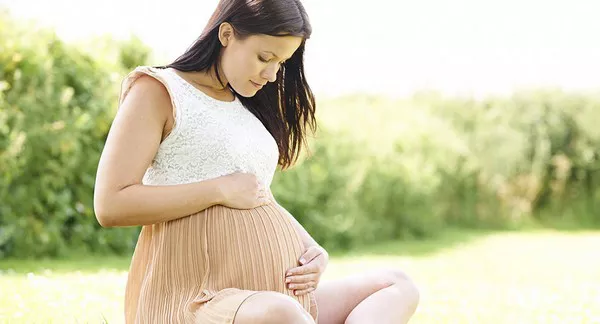Bringing a new life into the world is a beautiful and transformative experience, but it also comes with its share of physical changes, one of which is postpartum hair loss. Many new mothers find themselves grappling with hair loss in the months following childbirth, and it can be concerning. In this comprehensive guide, we will explore the topic of postpartum hair loss, shedding light on when it typically starts, when it stops, and what you can do to manage it.
1. Understanding Postpartum Hair Loss
What Is Postpartum Hair Loss?
Postpartum hair loss, also known as postpartum alopecia, is a common phenomenon where women experience excessive hair shedding after giving birth. It occurs due to hormonal changes during pregnancy and the postpartum period.
The Role of Hormones
During pregnancy, elevated levels of hormones like estrogen prolong the hair growth phase, resulting in thicker and fuller hair. However, after childbirth, hormone levels drop significantly, causing hair to shift into the shedding phase, leading to hair loss.
2. When Does Postpartum Hair Loss Begin?
Typically Around 3 Months
Postpartum hair loss usually starts around three months after giving birth. This timeframe coincides with the normalization of hormone levels, particularly estrogen, which triggers the hair shedding process.
Variations Among Individuals
It’s important to note that the onset of postpartum hair loss can vary among individuals. While three months is a common starting point, some women may experience it earlier, while others may not notice significant shedding until later in the postpartum period.
3. How Long Does Postpartum Hair Loss Last?
Up to Six Months
The duration of postpartum hair loss can also vary from woman to woman. On average, it lasts for about three to six months. During this time, you may notice increased hair shedding, and your hair may appear thinner.
Returning to Normal
Fortunately, for most women, postpartum hair loss is a temporary phase. As hormone levels stabilize and your body adjusts to post-pregnancy changes, hair growth typically returns to its normal cycle.
4. Coping with Postpartum Hair Loss
Gentle Hair Care
While you cannot prevent postpartum hair loss, you can adopt a gentle hair care routine to minimize damage. Use a mild shampoo, avoid excessive heat styling, and be cautious when brushing or tying your hair.
Nutritious Diet
A balanced diet rich in vitamins and minerals, including biotin and folic acid, can support hair health. Consider incorporating foods like eggs, salmon, and leafy greens into your meals.
Consult a Professional
If you have concerns about the severity or duration of your postpartum hair loss, consult a dermatologist or healthcare provider. They can evaluate your condition and provide guidance on potential treatments or supplements.
5. When to Seek Medical Advice
Excessive Hair Loss
While postpartum hair loss is normal, if you notice excessive or prolonged shedding beyond six months, consult a healthcare professional. It could be indicative of an underlying issue, such as thyroid dysfunction.
Emotional Impact
Postpartum hair loss can have an emotional impact on some women. If you experience distress or self-esteem issues related to hair loss, consider speaking with a mental health professional or a support group for new mothers.
Conclusion
In conclusion, postpartum hair loss is a common occurrence among women following childbirth, driven by hormonal changes. It typically begins around three months after giving birth and lasts for about three to six months. While it can be concerning, it’s usually temporary, and most women will see their hair return to its normal state. Maintaining a gentle hair care routine, adopting a nutritious diet, and seeking medical advice if needed are essential steps in managing postpartum hair loss. Remember that you’re not alone in experiencing this phenomenon, and support is available for those who need it during this transformative phase of motherhood.


